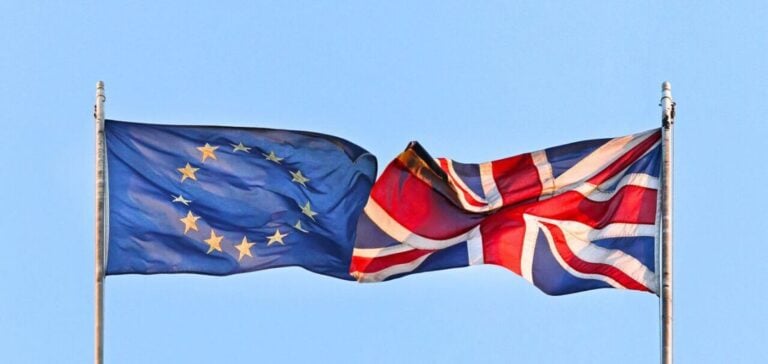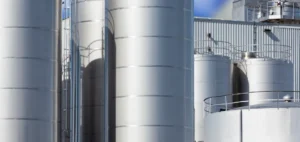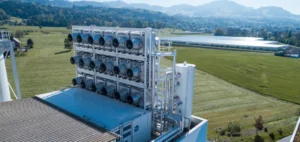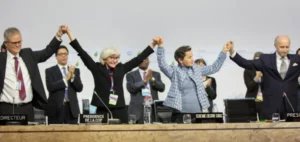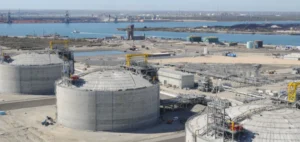European and UK carbon markets are showing relative stability this week as market participants closely monitor ongoing talks concerning the potential linkage between their respective emissions trading systems. Following notable fluctuations in recent months, prices appear to have plateaued, reflecting widespread caution among energy and industrial companies. At this stage, investors are awaiting concrete regulatory details to gauge the future direction of the carbon markets. This period of uncertainty comes amid ongoing technical discussions around the Carbon Border Adjustment Mechanism (CBAM).
Temporary stability in carbon prices
European Union Allowances (EUA) have recently stabilised within a range of €67 to €71 per tonne, following price swings driven in part by volatility in natural gas markets. These recent movements reflect a measured response to external factors such as commodity prices and changes in European regulatory frameworks. Additionally, the proposed connection between the EU Emissions Trading System (EU ETS) and the UK Emissions Trading System (UK ETS) remains a key source of uncertainty for investors. The initiative aims to gradually eliminate trade barriers caused by the planned introduction of the EU’s CBAM.
UK market awaits detailed guidance
Meanwhile, UK Allowances (UKA) have held steady following a period of gains triggered by the initial announcement of a preliminary agreement between London and Brussels. That regulatory alignment temporarily pushed prices close to £55 per tonne of CO₂ equivalent. However, the upward momentum has since stalled due to a current lack of detailed guidance on the implementation timeline and practical modalities. Market participants are particularly awaiting clarity on potential mutual CBAM exemptions, which would enable more effective planning for medium-term trading and investment strategies.
Economic outlook tied to carbon trading
Analysts expect UK carbon prices to consolidate around £50 per tonne for the third quarter of the year, although this forecast remains conditional on the outcome of ongoing negotiations. Additionally, markets are anticipating a potential rise in medium-term carbon costs. For instance, Bloomberg New Energy Finance (BloombergNEF) projects that EU Allowance prices could reach €149 per tonne by 2030 due to a possible supply shortfall relative to demand. Such a scenario could have significant economic implications for both energy companies and heavy industries with high CO₂ emissions.
As a result, investors continue to monitor negotiations closely, aware that regulatory announcements could swiftly impact long-term economic strategies across the energy and industrial sectors.


